
Menno Simons College Blog
Interview with Karen Ridd
Posted by CMU Staff | Friday, March 4, 2016 @ 9:14 AM
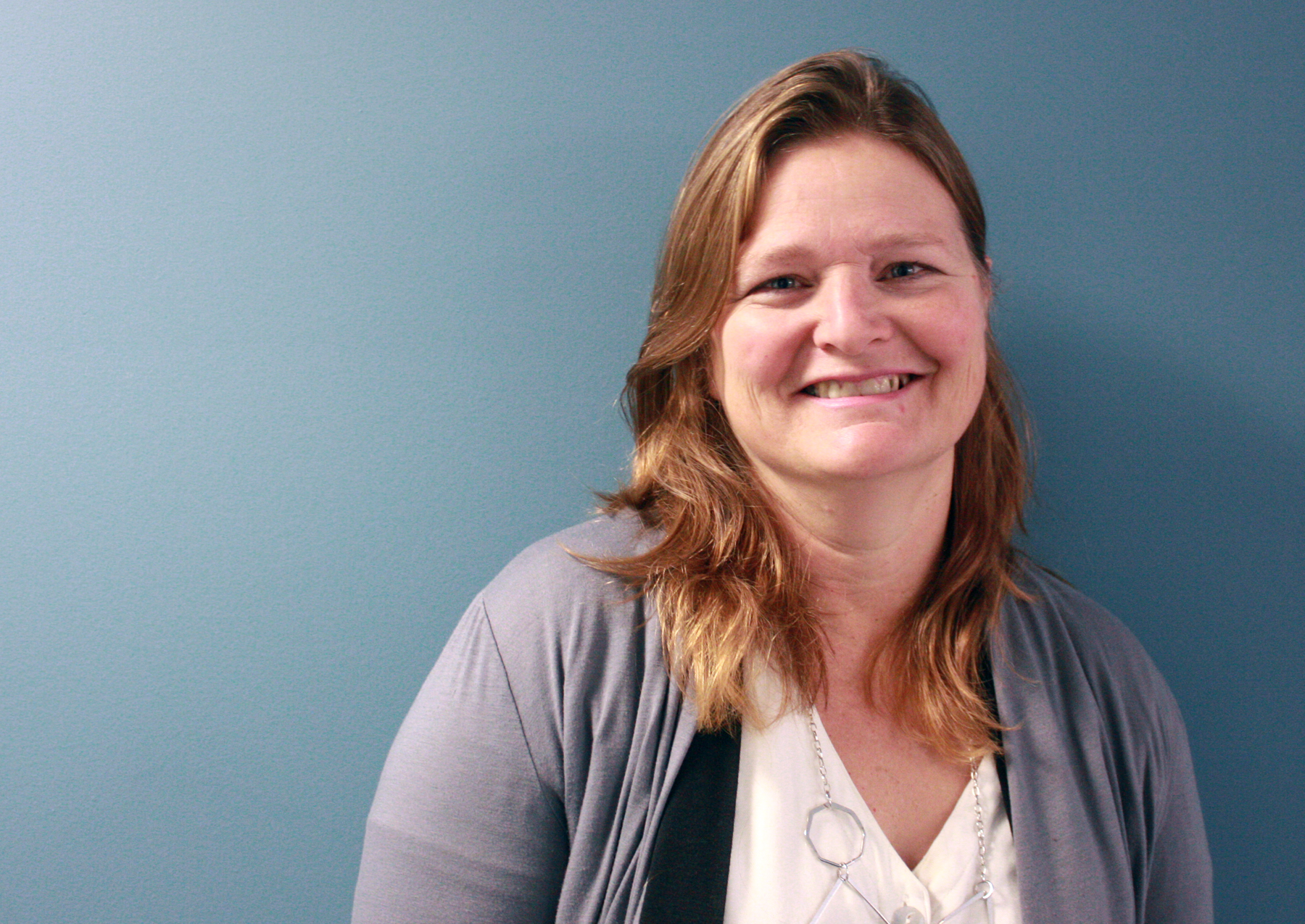
Karen Ridd has taught Conflict Resolution Studies (CRS) courses at MSC for 18 years. In the last two years, she's also been teaching Introduction to International Development Studies (IDS). In this interview, she shares her perspective on teaching in each of MSC's degree programs.
Last year was your first year teaching an IDS course. What has it been like to teach in this new area?
One of the fun things about teaching is how much learning you get to do. I've been having a great time learning more because of teaching IDS. And I've been struck by how much each area enhances the other.
What are some of the connections you see between the two disciplines?
There are a number of areas of connection between the two. In today's Conflict Theory and Analysis class, for example, the reading we're looking at by David Barash focuses on the economic system. We'll be talking about it from a social structural approach, one that's often found in CRS, but the article also includes IDS concepts such as the debt crisis and structural adjustment.
Another connection is cross-cultural analysis, which is so important in both disciplines. Culture plays such an incredibly important role—the perspective that we bring is one perspective, but it's not the only perspective.
And both CRS and IDS look at issues using a gender analysis. For example, we look at development issues through a gender lens because so many of the world's poor are women.
Another example is resource extraction, which can be seen as a form of development but can also create conflict, as with the case of coltan extraction in the Democratic Republic of Congo. The interweaving of CRS and IDS can provide a really helpful way to analyze issues.
What are some of the benefits of studying in both areas?
IDS students benefit from taking Intro CRS, which will set them up with skills to resolve conflict more effectively in the workplace and to be more effective in development. CRS students benefit from taking Intro IDS, which will help familiarize them with development concepts that also appear in CRS discussions and introduce them to macro-level analysis of those concepts.
How did you become interested in conflict resolution?
My background is in international development and human rights work, at the macro, structural level. In my early 20s, I worked with Peace Brigades International doing human rights accompaniment work. While there, I was repeatedly struck by the way micro-level conflicts sabotaged organizations' ability to create social change. I committed myself to getting micro-level skills when I came to Canada, which is how I got into mediation.
You're known for teaching classes in a participatory way, which can complement lecture or seminar style classes. What do you appreciate about participatory education?
Participatory learning can be really helpful for some—it can help cut people through to a taste of experienced reality. I want there to be more people who are allies in the struggle to make the world a better, more just place. I want us all to be as good at doing that as possible.
This interview has been condensed and edited
Faculty: In Their Own Words
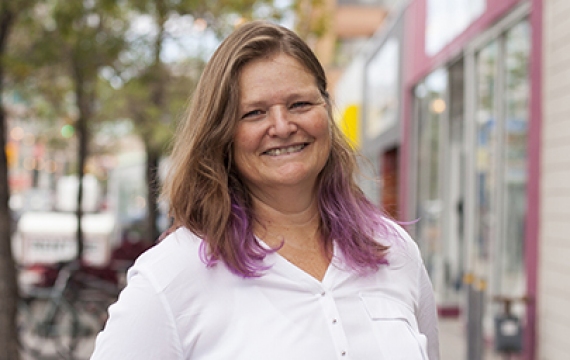
Karen Ridd, Teaching Associate Professor, Conflict Resolution Studies
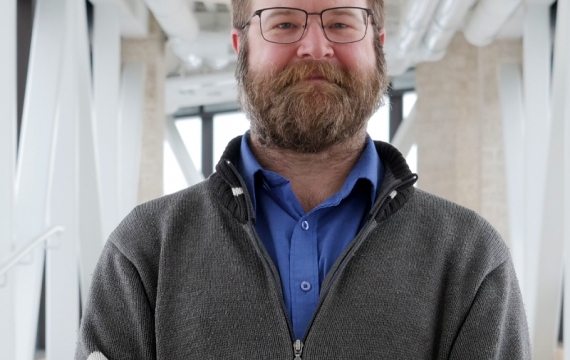
Dr. Jonathan Sears, Associate Professor of International Development Studies
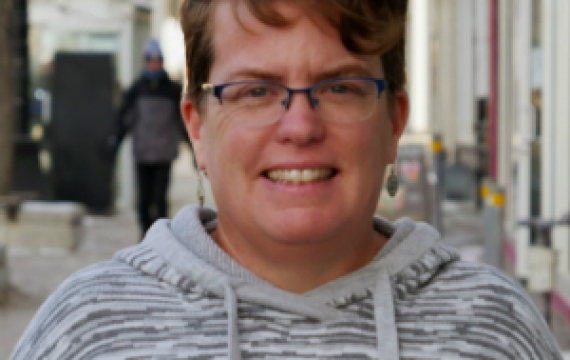
Dr. Jodi Dueck-Read, Assistant Professor of Conflict Resolution Studies
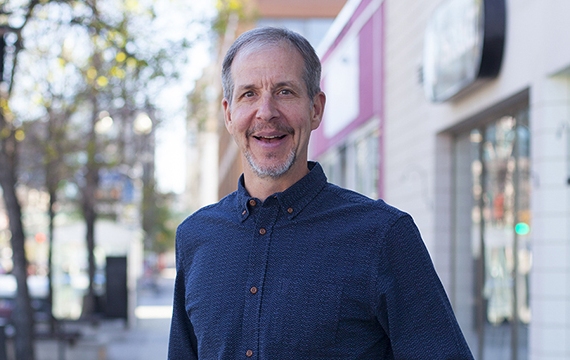
Dr. Jerry Buckland, Professor of International Development Studies



 Print This Blog Post
Print This Blog Post